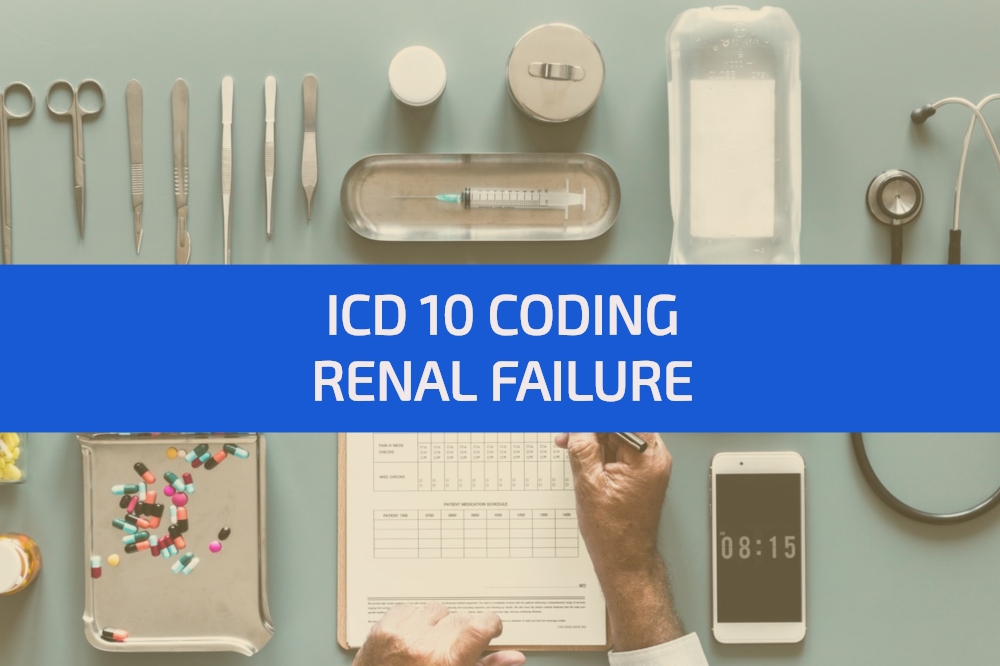What is CKD?
A problem that affects over twenty six million Americans, CKD (Chronic kidney disease) if not treated in time can lead to acute kidney injury or acute renal failure. Your kidney filters excess fluids, salt and waste from your blood. This waste is excreted by the kidney into your urine and passed out from your body. The loss of the filtering ability of your kidney, leads to accumulation of waste material and electrolytes in your body, eventually leading to acute renal failure which can be life threatening. However, proper and timely treatment can reverse the damage and help you recover from the problem. One of the biggest challenges to treating CKD is diagnosing the problem in the early stages. The signs and symptoms are few and subtle, and in most cases are only detected after significant damage takes place.
Causes of CKD
The leading cause of CKD is diabetes. However, there are a number of factors that can lead to acute renal failure. Reduced blood flow to your kidneys due to conditions like low blood pressure, dehydration, burns, injury, hemorrhage, serious illness, septic shock and surgery can cause damage leading to acute renal failure. Clotting in the blood vessels within the kidney due to conditions like idiopathic thrombocytopenic thrombotic purpura (ITTP), malignant hypertension, hemolytic uremic syndrome, transfusion reaction, and scleroderma can also lead to acute renal failure. While infections such as acute pyelonephritis and septicemia can cause direct injury to your kidneys; problems like placenta abruption and placenta previa during pregnancy can also cause complications that can cause harm to your kidneys.
However, the most common reasons for acute renal failure are:
- Sudden and severe dehydration
- ATN (acute tubular necrosis)
- Autoimmune kidney diseases
- Obstruction of the urinary tract
- Toxic kidney injury
Symptoms of CKD
- Urination changes – quantity of urine, ease of urinating or blood in the urine.
- Blood in the stool
- Pain between hips and ribs
- Pain in the back, sides or legs
- Fluid retention and swelling
- Skin rash and/or itching
- Decrease in appetite
- Fatigue and shortness of breath
- Frequent vomiting and nausea
- Metallic taste in the mouth and breath odor
ICD 10 code for Renal Failure
ICD 10 features multiple codes for renal failure as compared to ICD 9. The order of listing in ICD 10 is as follows: N00-N99 Diseases of the genitourinary system › N17-N19 Acute kidney failure and chronic kidney disease. It is important to note that ICD 10 distinguishes between acute renal insufficiency and acute kidney injury/acute renal failure. There are additional codes to specify traumatic and non-traumatic kidney injury. Acute kidney disease and acute renal insufficiency cannot be reported as acute renal failure.
Given below is the list of ICD 10 codes for renal failure and CKD:
| Code | Diagnosis |
| N17 | Acute renal failure |
| N17.0 | Acute renal failure with tubular necrosis |
| N17.1 | Acute renal failure with acute cortical necrosis |
| N17.2 | Acute renal failure with medullary necrosis |
| N17.8 | Other acute renal failure |
| N17.9 | Acute renal failure, unspecified |
| N18 | Chronic kidney disease |
| N18.1 | Chronic kidney disease, stage 1 (Kidney damage with normal or increased GFR (≥ 90 mL/min) |
| N18.2 | Chronic kidney disease, stage 2 (Kidney damage with mild decreased GFR (60-89 mL/min) |
| N18.3 | Chronic kidney disease, stage 3 (Kidney damage with moderately decreased GFR (30-59 mL/min) |
| N18.4 | Chronic kidney disease, stage 4 (Kidney damage with severely decreased GFR (15-29 mL/min) |
| N18.5 | Chronic kidney disease, stage 5 (End stage kidney disease) |
| N18.9 | Chronic kidney disease, unspecified |
| N19 | Unspecified kidney failure |
Nephrology Billing with MedConverge
Nephrology billing has undergone significant changes under ICD 10. Multiple codes with high degree of specificity make it imperative that there are no mistakes in your billing. According to a study published in the Journal of Perspective in Health Information Management, even well trained providers require 54.4% more time resulting in a productivity loss of 30 to 50% under the ICD 10 system. Converted to money, this can mean the difference between making money and losing it. Our certified coders ensure that your practice does not have to lose this time and productivity by ensuring that your billing is timely and error free. Our nephrology coding and billing services can help maximize your profits at minimum cost to you.
References
- ICD-10-CM Codes › N00-N99 Acute kidney failure and chronic kidney disease › . (2018). Retrieved August 17, 2018, from www.icd10data.com: https://www.icd10data.com/ICD10CM/Codes/N00-N99/N17-N19
- International Statistical Classification of Diseases and Related Health Problems 10th Revision (ICD-10)-WHO Version. (2016). Retrieved August 17, 2018, from www.apps.who.int: http://apps.who.int/classifications/icd10/browse/2016/en#/N17
- Yu, B. N. (2017, August 23). Acute Kidney Failure. Retrieved August 17, 2018, from www.healthline.com: https://www.healthline.com/health/acute-kidney-failure



